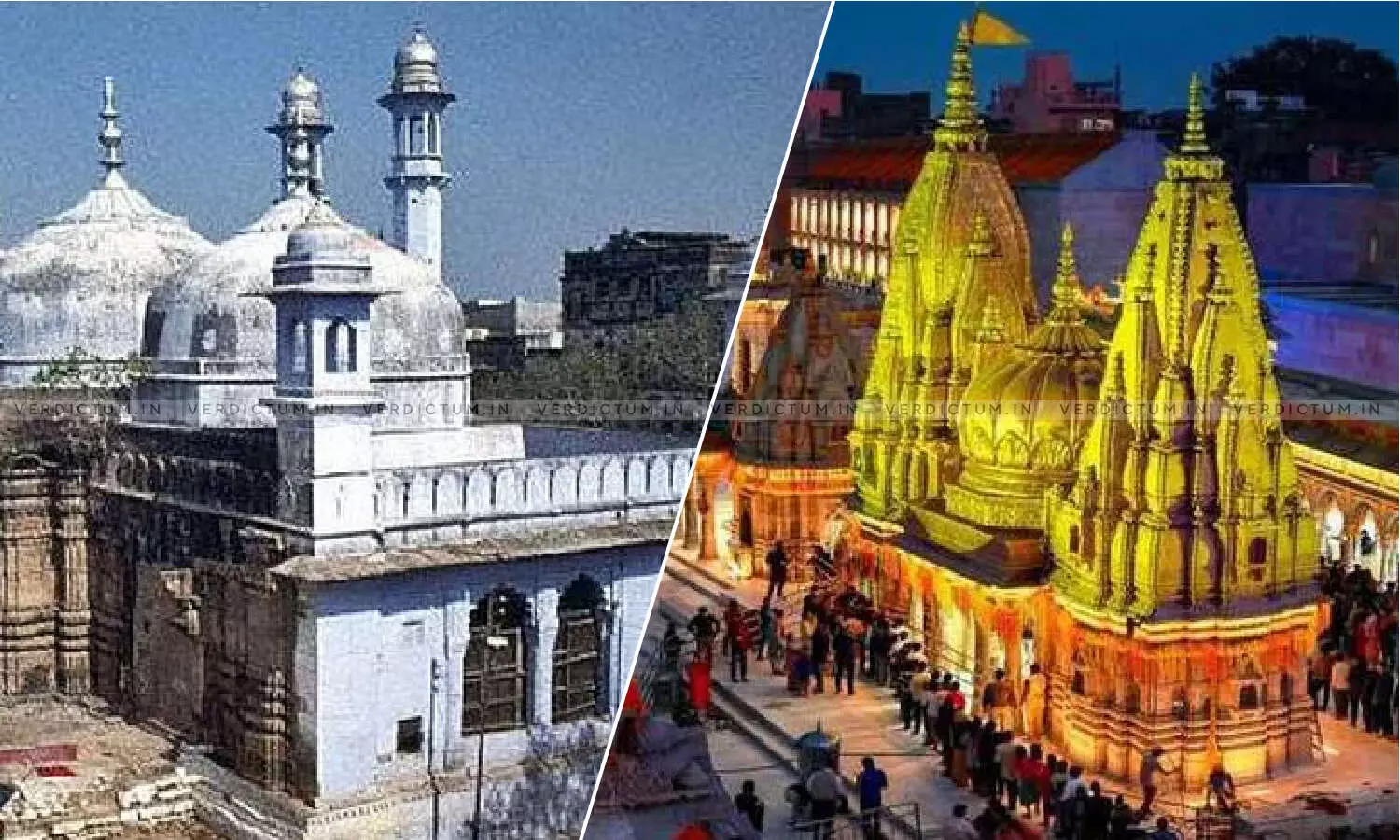
Supreme Court Refuses To Pass Any Order Staying Survey In Gyanvapi Mosque Case On Mentioning
 |
|The Supreme Court today refused to pass an order of status quo in the Kashi Vishwanath Temple-Gyanvapi Mosque matter, upon mentioning by Counsel.
Senior Advocate Huzefa Ahmadi today mentioned a plea challenging the order passed by Allahabad High Court dismissing the challenge to the Varanasi District Court's order appointing Advocate Commissioner for conducting a video survey of the Gyanvapi-Shringar Gauri complex.
Senior Advocate Ahmadi appeared before the Bench comprising of Chief Justice of India N. V. Ramana, Justice Hima Kohli and Justice J. K. Maheshwari seeking that the status quo be maintained at the Masjid site.
He submitted before the court that the place is covered by the Places of Worship Act and now the Commissioner has been directed to conduct a Survey there.
CJI remarked that "I don't know anything then how can I pass an order. I will see the papers and then pass an order."
The Varanasi District Court had rejected the plea to change the court-appointed Advocate Commissioner for conducting a video survey and had appointed two additional Advocate Commissioners to assist him. The Court also directed the completion of the survey by May 17 and the submission of its report.
Earlier, the Allahabad High Court dismissed the Anjuman Intezamia Masjid's plea challenging a Varanasi court's order to appoint an Advocate as a court commissioner to inspect the Kashi Vishwanath Mandir-Gyanvapi Masjid complex.
The High Court observed, "The commissioner does not, in any way, impinge upon the rights of the defendant-petitioner."
"If anything is said in the report of the learned advocate commissioner that the defendant-petitioner or any other defendant to the suit feels is contrary to the spot position, he can always object to the Commissioner's report, which would then be a subject matter for decision by the Court on the basis of evidence on record," it said.